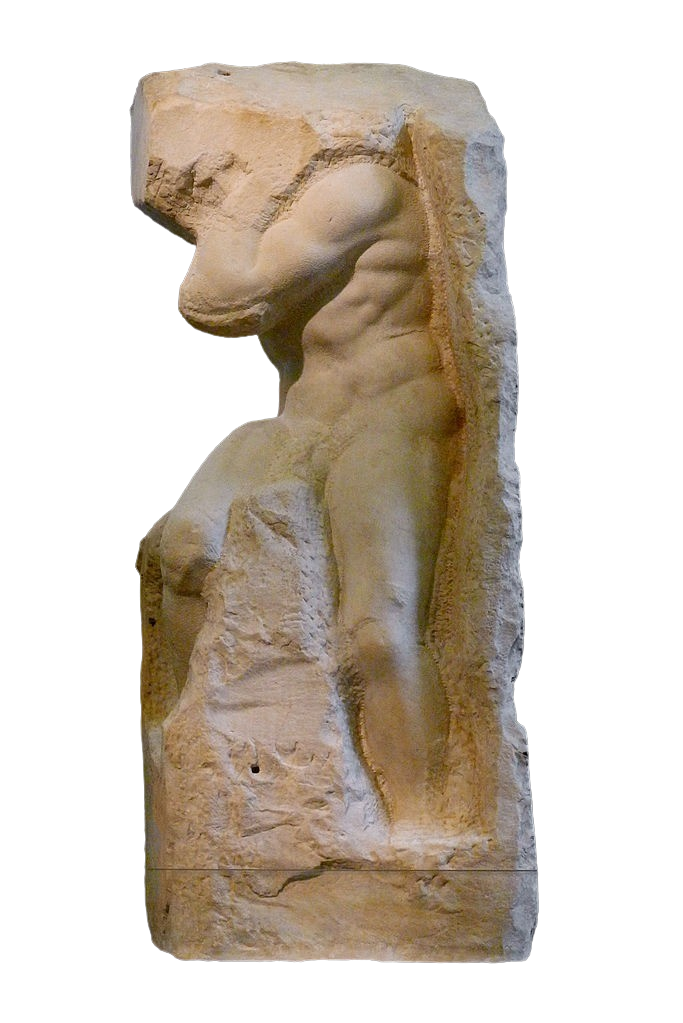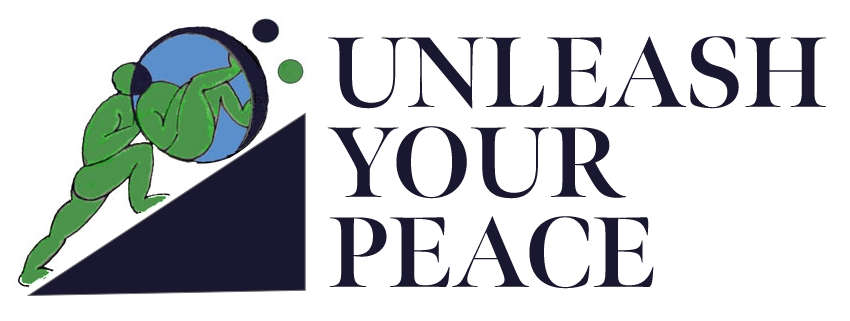Unleash your Peace

About us
What we are and what we do
In a pyramid of descriptors, we are, starting near the base, multicellular eukaryotes, higher up we’re vertebrate mammals. As we ascend the taxonomic hierarchy, terms eventually appear that identify us exclusively: obligate bipedal mammals, homo sapiens. But even though these set humans apart from all other organisms, they say disappointingly little about us.
Ascending further, leaving behind the taxonomic labels, we reach the capstone or pyramidion. Biologically, it’s tiny. After all, we share 99% of our DNA with bonobos (also, 90% with cats and 60% with bananas). It ought to be colossal, stuffed with an endless variety of ways to describe us. It isn’t. The pyramid model works only for biological taxonomy. Its notional vertex is homo sapiens. It’s as if at some point in our development a second—inverted—pyramid was set into the first, making a sandglass shape that widens as it rises, a teetering hopper filled (and still filling) with attempts to say all that can be said about us: parietal art (here we are!), music, religion, poems, philosophy, theatre, the human and social sciences, novels, essays…
And among these vastly diverse attempts there are pithy definitions: Aristotle’s zoon politikon, Thomas Willis’s ‘laughing animal’, Marx’s animal laborans, Hannah Arendt’s homo faber, Suzanne Briet’s homo documentator—what we do in common being incomparably more illuminating than what we are organically. Such definitions—and they abound—aim, earnestly or playfully, at an essential nature. But, as we saw, there is no tip where the essence of humanity is concentrated. No pinnacle of humanity. No perfect human exemplar. Perfection implies completeness, but in our case our activity shapes what we are. And because we can only guess at what humans will ultimately be capable of doing, our future nature remains always an aspiration. Some things we self-artificers can do already: choose to make the world less cruel, better informed, and more just—goals that are not picked from a list, but come from deep in the hopper, carried with us from times when human amelioration and survival were indistinguishable.
These goals, like all our most potent and creative choices, have always been crafted to be the source of their own future renewal, the ones we make in anticipation of returning to them for inspiration. We put passionate care into such choices precisely so that when we reassess them (as a response to changing circumstances, others’ challenges and our own reflexivity) they will revitalise our commitment to their consequences. Our unique ability to do this, to hold that circle firm, is another way of defining human beings.
But enough about us…
About me
I’m Mark-Alec Mellor, founder of Cadenza Academic Translations, where I work as an editor. I live in Exeter, UK with my partner and a dog. My main intellectual interests are ethics, human agency, history of ideas, translation theory, and cognitive science.
Our mission
Calls for peace in Ukraine, or in any war-infected place, serve to counterbalance the fierce soubresauts of some world leaders and certain corners of the media, but it is not enough to demand an end to war. If peace is not defined independently of war, it is no more than a truce.
We begin by conceptualising peace as a force to be wielded. To think peace only as a warless state is to condemn it to being forever a goal lying just beyond the next war. Let peace be a force, not a goal. Like pleasure, it’s inseparable from the circumstances of its enjoyment: the pleasures of walking in a meadow or listening to music cannot be isolated and synthesised. Peace without justice and kindness is a barren concept.
Our not-for-profit initiative questions the nature of peace and investigates how an irenic force can be deployed by individuals, groups, leaders, institutions, and societies. Whether individual or collective, the most effective activity is work defined in its broadest sense. We aim to understand and promote an awareness of irenic agency in work, to prompt and encourage each other in dialogue about how best to unleash this special human power.

